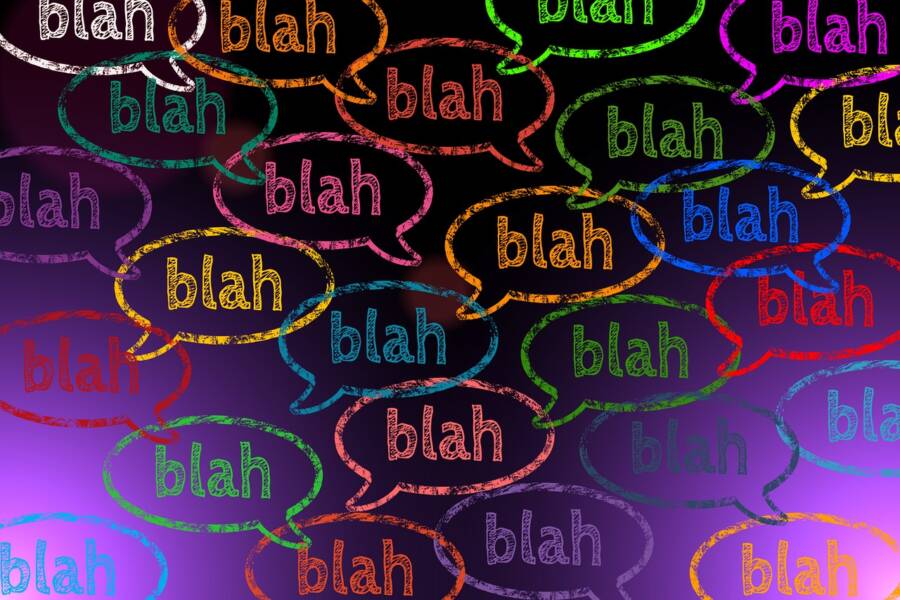Online misinformation is conveniently spread on the internet and its platforms. The fact is that while information was spread through magazines or newspapers, they had multiple editors, reporters, and subeditors who would fact-check information before getting it published. But on the internet, there is no such thing. Individual publishing has no filter, so whatever one says can be put out on the internet for anyone to read. Everyone can create any kind of content that is consistent with their own belief systems and readers are prone to believing it as facts.
There is one way to make sure that information that one comes across is not misleading. If the information being spread is about a company or organization and its products and services, one can simply go to their official website to make sure the information being presented is legit. For instance, one will find many websites providing information about Xfinity internet packages, and the only way for him to confirm if it’s correct and genuine is by going to Xfinity’s official website. Since Xfinity owns the services, they are only liable to confirm whether the information being presented about them is true or false.
How does misinformation spread on the internet?
Misinformation is spread on the internet through various means. Bots, Trolls, social media, and messages boards are responsible for misinformation and propaganda.
- Bots are all over the internet. They are created by internet users for the rapid spread of information and online activities, hence they can also be easily used to spread information without checking for their true sources.
- Online message boards are also an important source of misinformation. Individuals can remain anonymous on platforms like 4chan or Reddit and can post anything whether unwittingly or deliberately spreading wrong information.
- In case of intentionally spreading false information, they are spread to deliberately malign institutions and spread and paranoia. For instance, during the US presidential elections, trolls and bots were spreading wrongful information and propaganda through various outlets like Twitter, Facebook, etc. They either do it by sharing a post regarding it, by commenting and spreading lies that are believed by everyone or simply tweeting from fake profiles.
- Circular reporting is also how fake news is spread. Information released by one online media outlet will be picked up by another online news agency, trusting their sources. That way it will be picked up by another service, and another, hence, perpetuating the circular reporting of wrongful information.
Misinformation vs Disinformation
These two terms are often used interchangeably though they are completely different terms. Disinformation is the deliberate spread of wrong information as propaganda to deceive the masses. On the other hand, misinformation is not deliberate, rather it is information that is shared after poorly-done research. The intent behind misinformation is never with an intent to deceive or harm. For instance, campaigns spread by political agents inside or outside the country are often meant to turn the masses against the government and ruling agencies. Disinformation becomes misinformation when the reader believes the material and information being shared. However, both of them are equally pressing issues that can malign and prevent correct information from being spread about.
Consequences of Misinformation
The spread of misinformation can lead to certain consequences that are harmful to nature.
- It can lead to distrust in the media. There is already a widespread mistrust of traditional media in the country, where people do not believe in the things found in the newspaper or news channels. Misinformation, whether deliberate or otherwise, can change the readers’ minds towards believing anything he sees on the news or reads in the newspaper, or even online.
- Misinformation can lead to discrediting medicine and science research like vaccine hesitancy. For instance, the anti-vax movement is against vaccines, hence, they spread wrong information about their usage which makes people hesitate from even trying it. The Anti-vax movement exists due to factors like lack of proper knowledge about the subject, convenience, or fear of noodles. Anti-vaccination beliefs can result in disease outbreaks that would otherwise be preventable by getting vaccinated.
- In a political environment, misinformation can result in undermining a democratic process. If incorrect information is spread about a political organization in order to malign its reputation, that organization will be robbed of a fair chance of participating in the elections.
- Deliberate misinformation or disinformation is also one of the factors of hate speech towards a certain minority. Nowadays, a simple hashtag on Twitter can be retweeted multiple times and become the most used hashtag in a region or the world. These hashtags can also create a certain perception about minorities leading to hate and disregard towards them.
In conclusion, misinformation is either deliberate or unintentional. The one being spread deliberately is often done to spread wrongful propaganda and malign reputations, whether misinformation that is usually spread unwittingly is the result of poorly-done research. Either way, the consequences of both are harmful and can lead to chaos and uncertainty.
TechnologyHQ is a platform about business insights, tech, 4IR, digital transformation, AI, Blockchain, Cybersecurity, and social media for businesses.
We manage social media groups with more than 200,000 members with almost 100% engagement.
